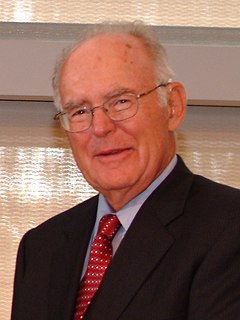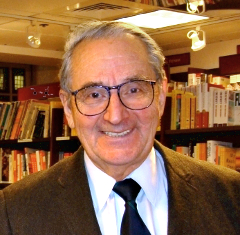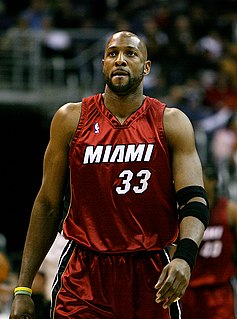A Quote by Calvin Coolidge
Whenever Nature's bounty is in danger of exhaustion, the chemist has sought for a substitute. The conquest of disease has made great progress as a result of your efforts. Wherever we look, the work of the chemist has raised the level of our civilization and has increased the productive capacity of the nation. Waste materials, formerly cast aside, are now being utilized.
Related Quotes
Such is the nature of the marriage relation that a breach once made cannot be healed, and it is the height of folly to waste one's life in vain efforts to make a binary compound of two diverse elements. What would we think of the chemist who should sit twenty years trying to mix oil and water, and insist upon it that his happiness depended upon the result of the experiment?
My mom is an experimental chemist and physicist, so she is a cut-and-dried, nuts-and-bolts kind of woman, and my dad is a theoretical chemist, so we were definitely raised with his philosophical point of view: imaginary numbers and dimensions beyond our own. That's the kind of thing we would talk about.
We speak erroneously of "artificial" materials, "synthetics", and so forth. The basis for this erroneous terminology is the notion that Nature has made certain things which we call natural, and everything else is "man-made", ergo artificial. But what one learns in chemistry is that Nature wrote all the rules of structuring; man does not invent chemical structuring rules; he only discovers the rules. All the chemist can do is find out what Nature permits, and any substances that are thus developed or discovered are inherently natural. It is very important to remember that.
To a synthetic chemist, the complex molecules of nature are as beautiful as any of her other creations. The perception of that beauty depends on the understanding of chemical structures and their transformations, and, as with a treasured work of art, deepens as the subject is studied, perhaps even to a level approaching romance.
It is, I believe, justifiable to make the generalization that anything an organic chemist can synthesize can be made without him. All he does is increase the probability that given reactions will 'go.' So it is quite reasonable to assume that given sufficient time and proper conditions, nucleotides, amino acids, proteins, and nucleic acids will arise by reactions that, though less probable, are as inevitable as those by which the organic chemist fulfills his predictions. So why not self-duplicating virus-like systems capable of further evolution?

































